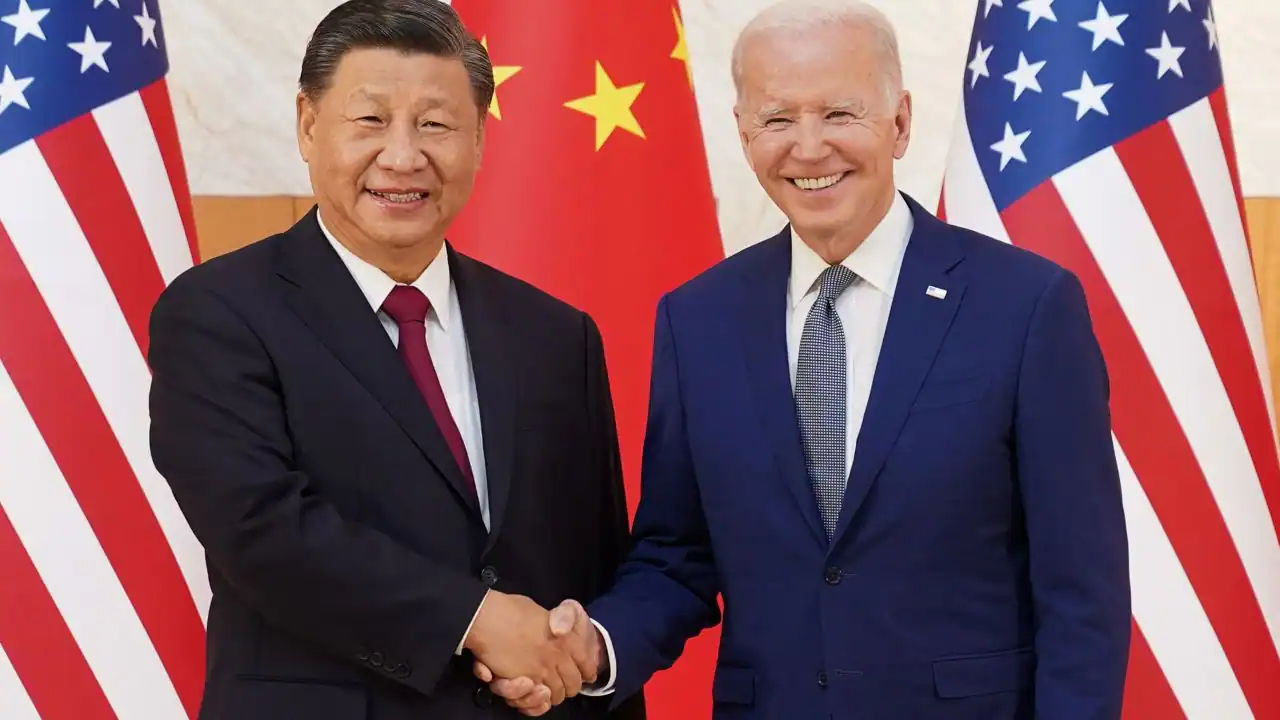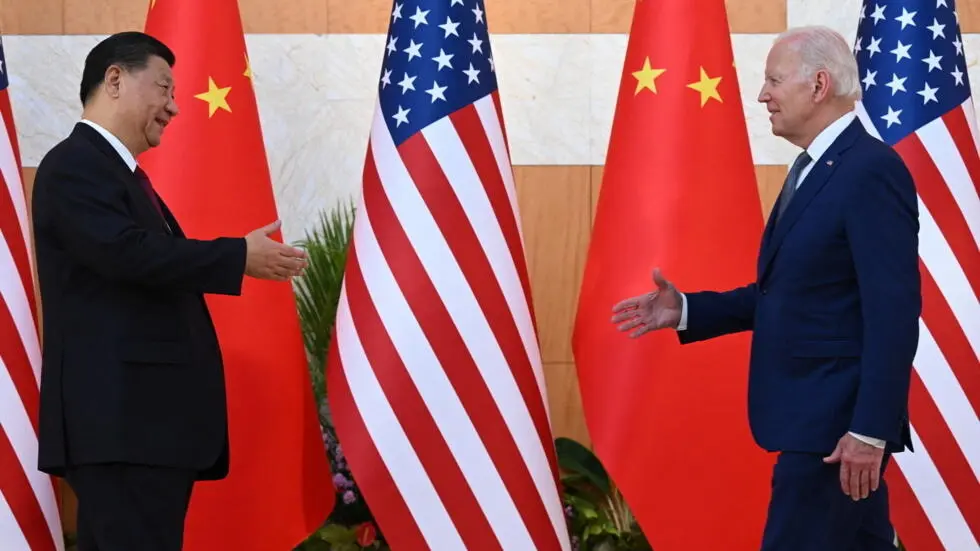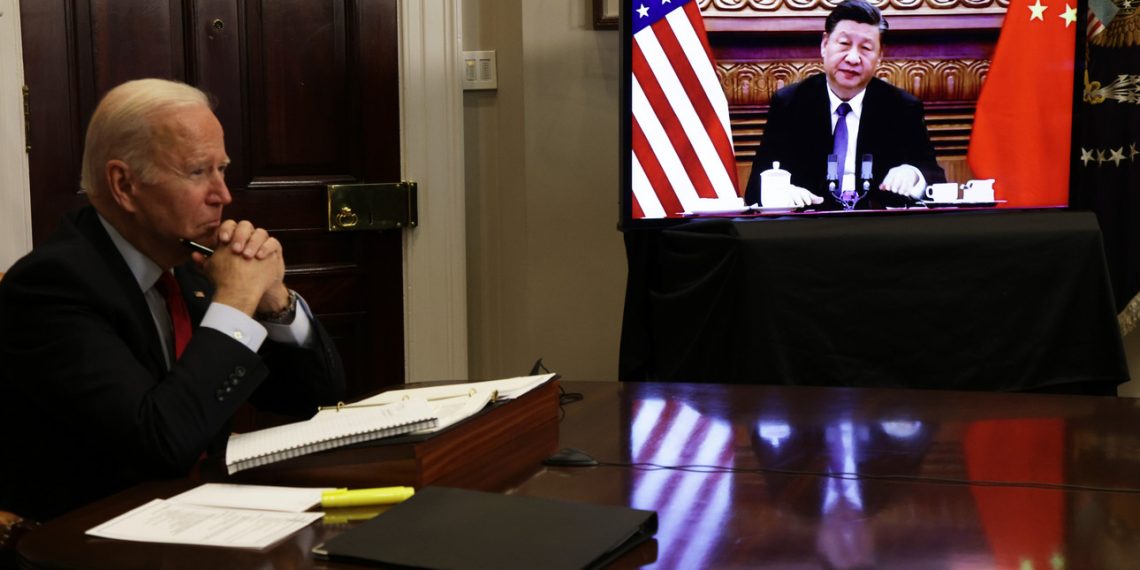U.S. President Joe Biden and Chinese President Xi Jinping engaged in a 105-minute phone call, marking their first direct conversation since their November meeting. The discussion encompassed critical topics such as Taiwan, potential TikTok bans, tariffs, and Chinese support for Russia.
Despite underlying tensions, both leaders emphasized the importance of maintaining candid and constructive dialogue, reflecting a potential shift towards more diplomatic engagement.

The call builds upon previous agreements to keep communication channels open, hinting at a gradual thaw in the frosty relationship between the two nations.
However, significant challenges remain, particularly concerning trade tariffs and security concerns related to technology.
Beyond bilateral disputes, the U.S. and China must face complex global issues. North Korea’s increasingly aggressive behavior poses a common concern, though differing approaches may hinder unified action. Additionally, the escalating conflicts in the Middle East demand attention and coordination.
While cooperation is conceivable, both nations face constraints that limit their ability to advance shared interests. Despite this, the recent phone call signifies a willingness to manage disagreements through dialogue rather than public confrontation.

Looking ahead, the U.S.-China relationship remains fraught with uncertainty. The delicate balance between cooperation and competition will continue to shape their interactions on the international stage.
Finding common ground amidst diverging interests will be essential in managing global challenges and preventing escalation into conflict.





